Browse Articles

Patient Results
Real TMS success stories from our patients in their own words, as we interview them during their TMS journey’s.

Patient Results
Real TMS success stories from our patients in their own words, as we interview them during their TMS journey’s.

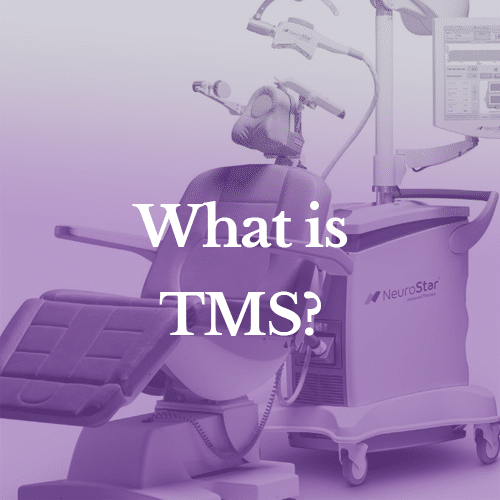
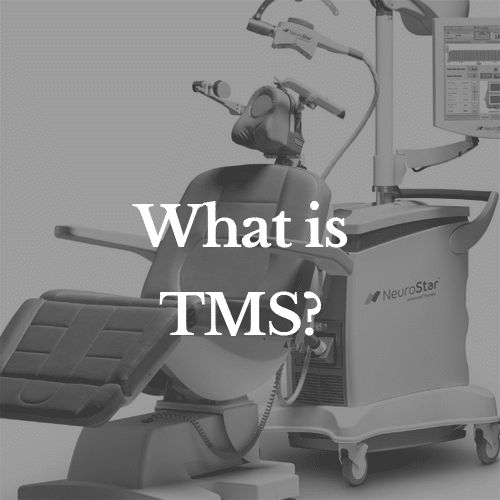
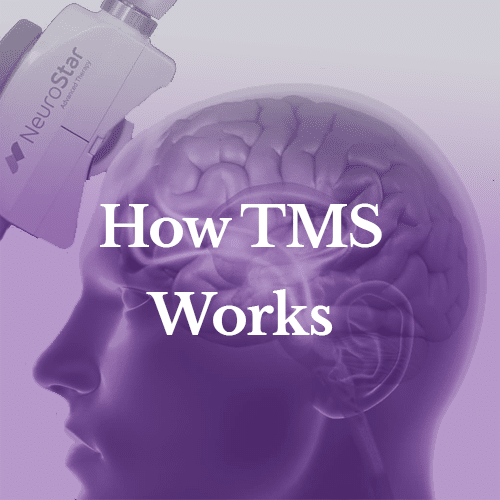
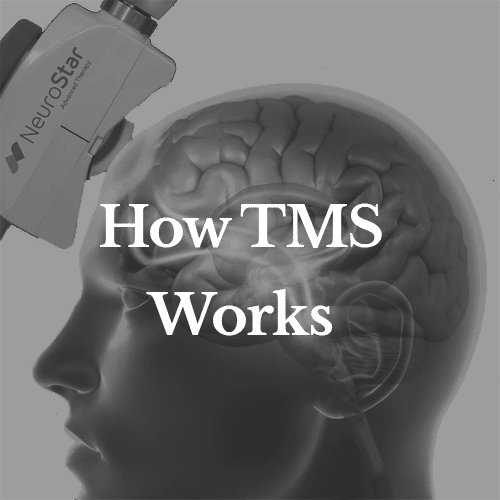
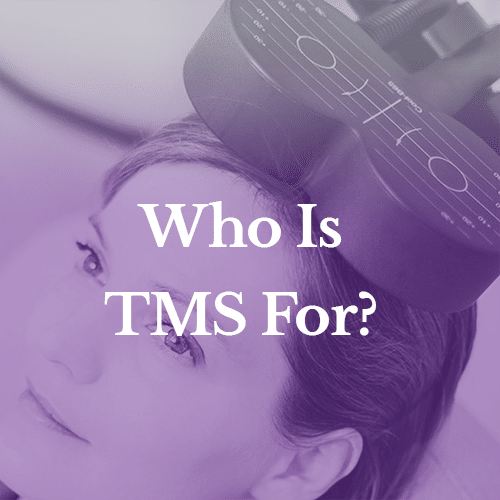
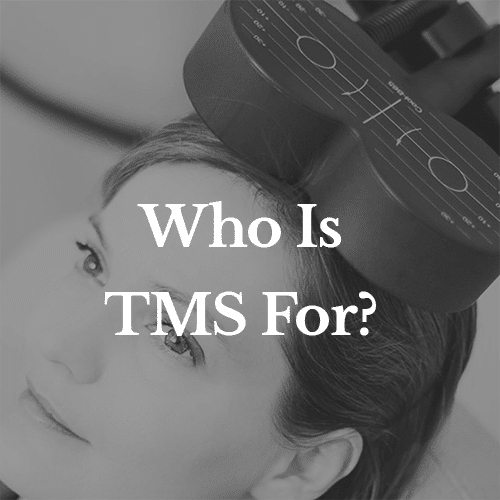
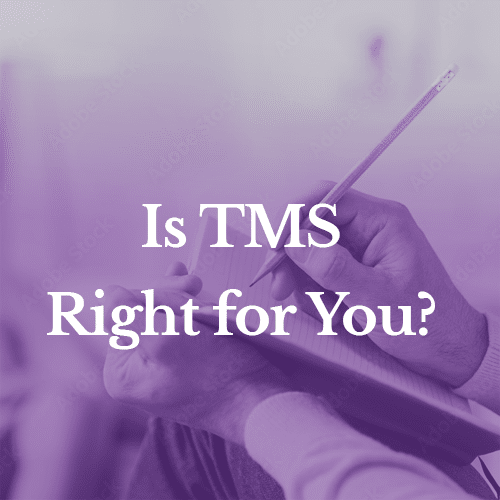
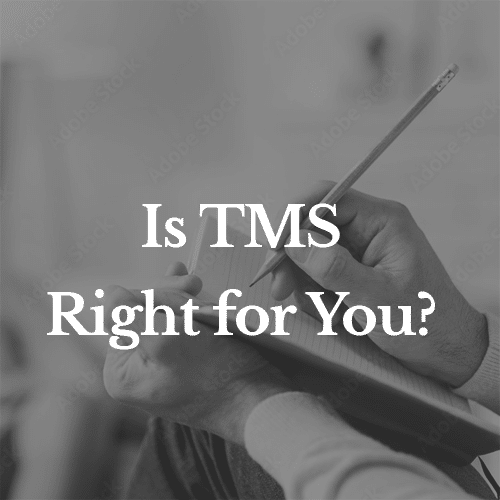
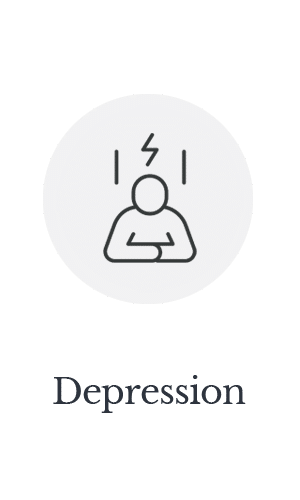
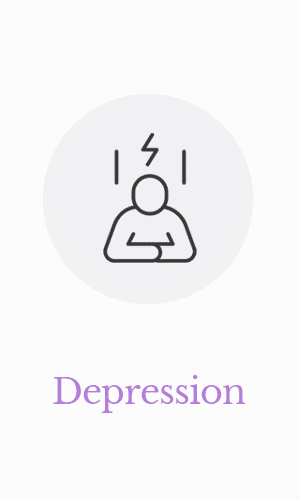
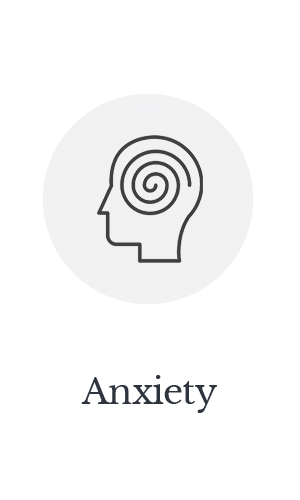
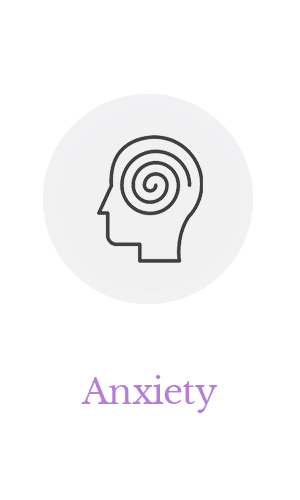

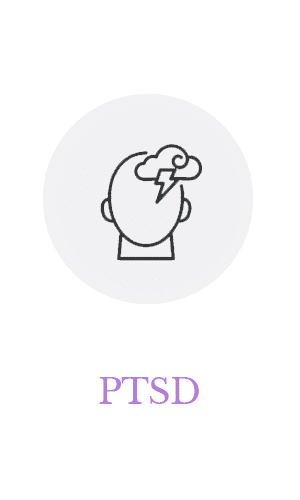
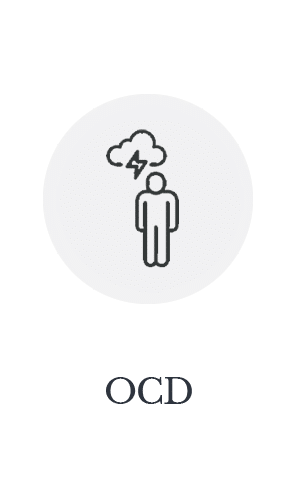
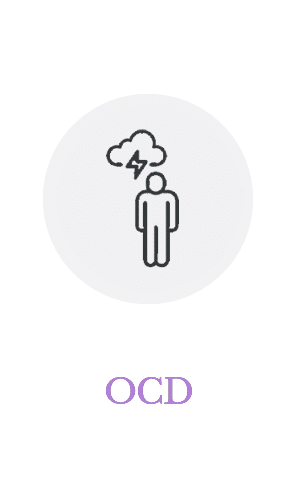
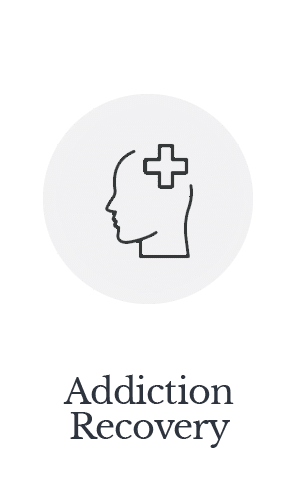
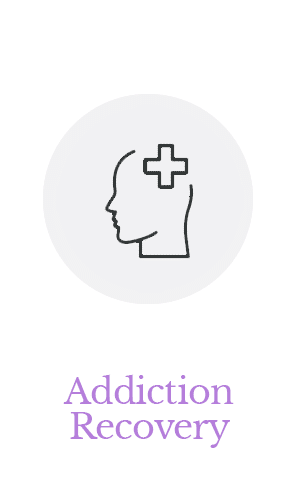
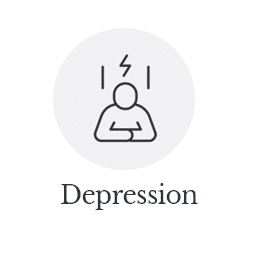
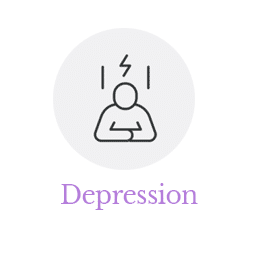
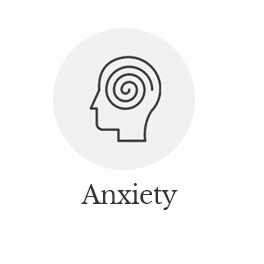
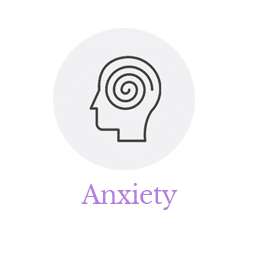
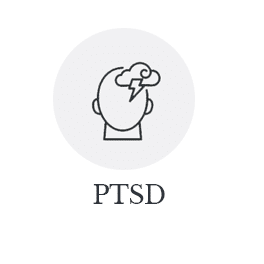
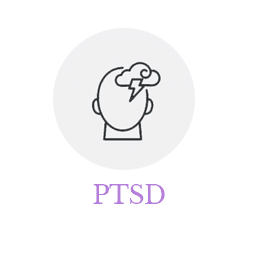
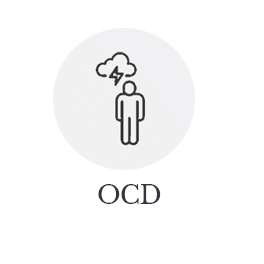
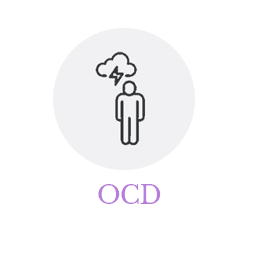
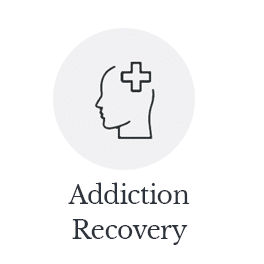
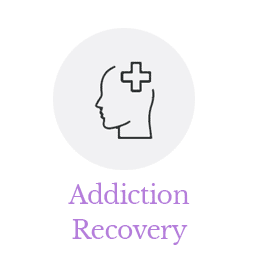
 Specific phobias are the most common anxiety disorder, impacting between 8 to 12 percent of adults at any given time. Specific phobias are an excessive fear of a specific thing, such as flying or public speaking.
Specific phobias are the most common anxiety disorder, impacting between 8 to 12 percent of adults at any given time. Specific phobias are an excessive fear of a specific thing, such as flying or public speaking.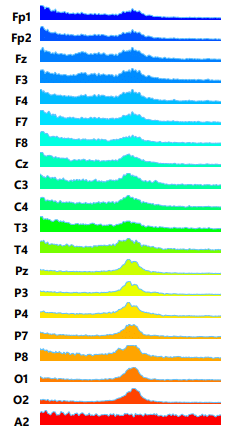 Some psychiatrists use specialized tools, such as an EEG (electroencephalogram), as part of an anxiety screening. An EEG measures the electrical activity of the brain and displays a visual pattern of brain activity that can indicate brain disorders. At Inland Empire TMS in Murrieta, California,
Some psychiatrists use specialized tools, such as an EEG (electroencephalogram), as part of an anxiety screening. An EEG measures the electrical activity of the brain and displays a visual pattern of brain activity that can indicate brain disorders. At Inland Empire TMS in Murrieta, California,